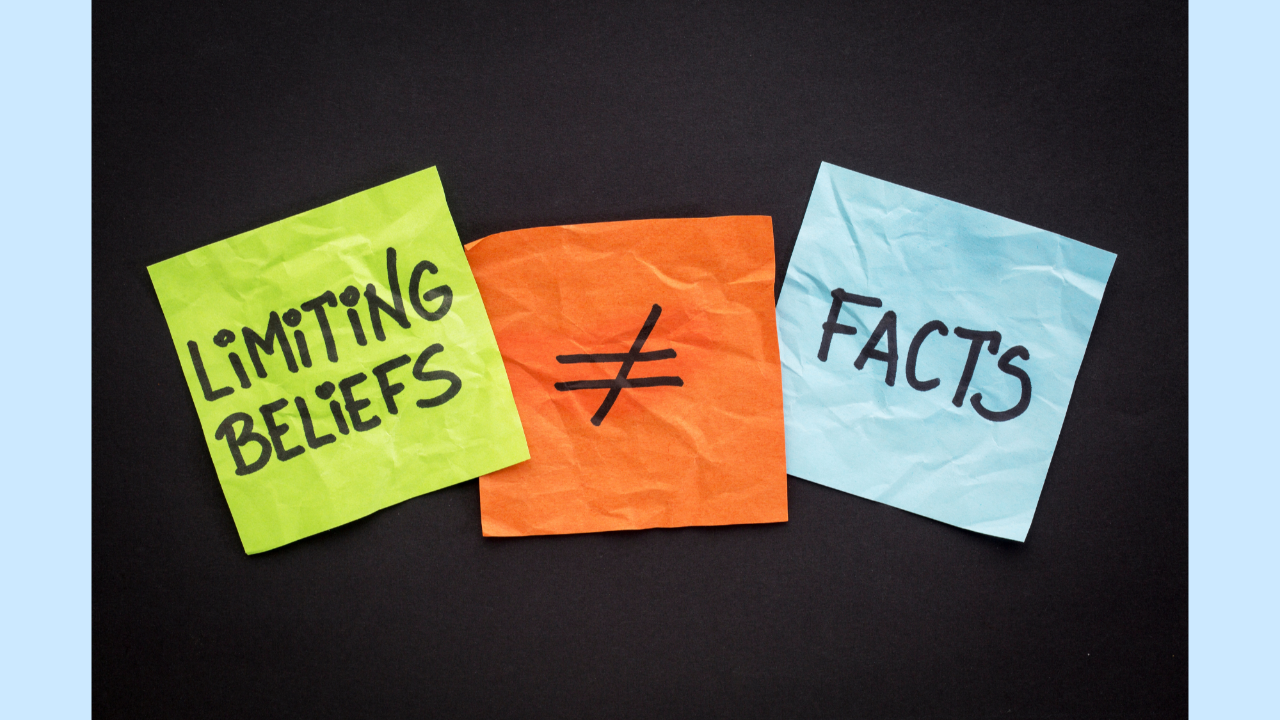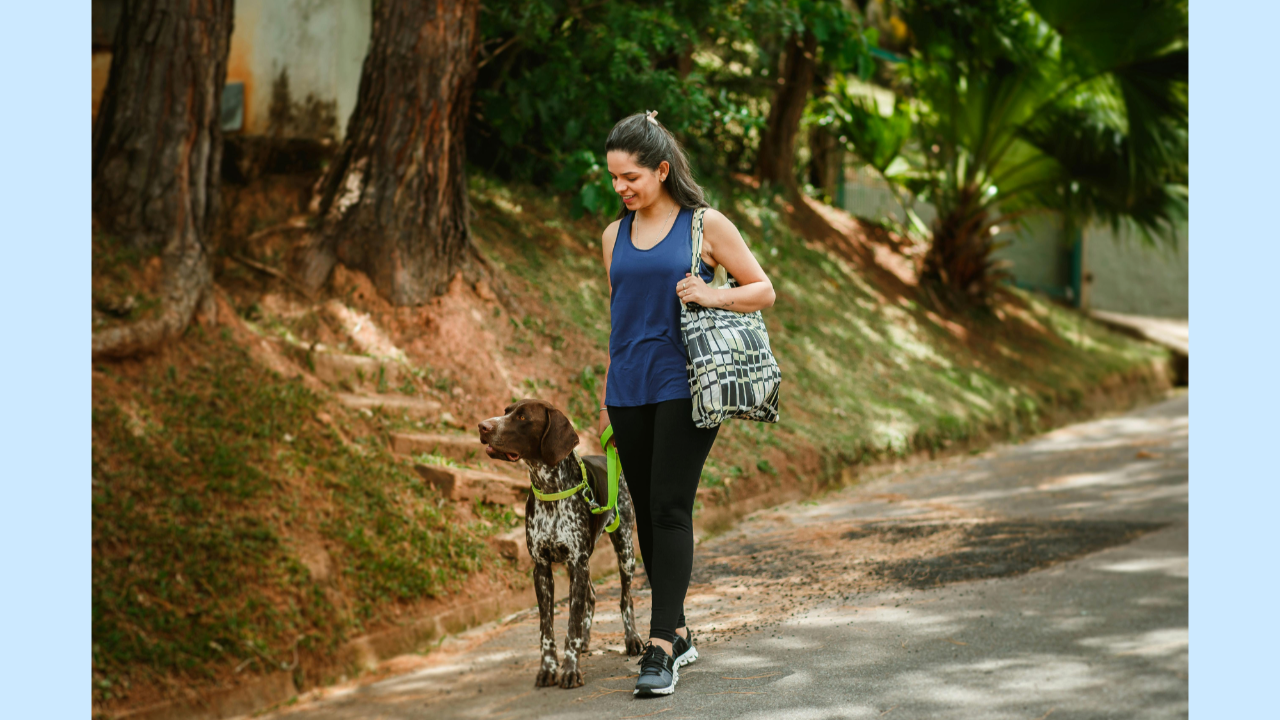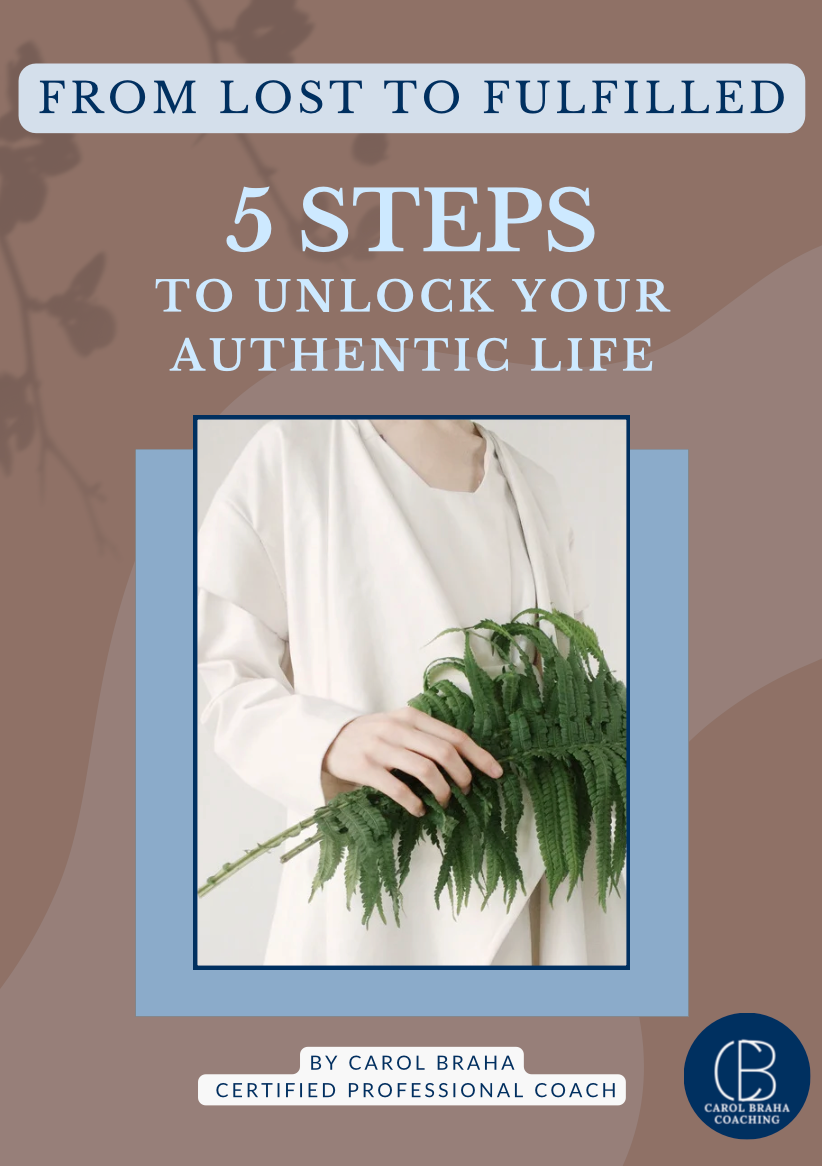Ways to Practice Kindness
Incorporating kindness into your daily life can make a profound difference for both you and those around you. Here’s how you can practice kindness in various aspects of your life:
Be Patient To Be Kind
Patience is a powerful form of kindness. Whether you’re listening to a friend share their struggles or assisting someone with a task, showing patience communicates that you value them and their needs. For example, if a coworker is struggling to complete a task and needs extra time, offering patience and support can make them feel valued and understood. Similarly, when a family member asks for your help, they will appreciate your patience; losing your patience will make them feel unworthy, while maintaining your patience will show them they have value.
My experience as a teacher taught me that patience can transform struggles into successes. By being patient, you convey, “I see you, and you matter. I believe in you, and you'll get through this.” This approach applies to personal relationships as well, where taking the time to listen and understand can significantly strengthen your connections. Giving people your time without rushing them along allows them to feel valued and acknowledged, and truly, what could be more kind than that?
Avoid Judgment To Be Kind
Judging others often stems from incomplete information and jumping to conclusions, and it can be deeply unkind. Such judgments disconnect us from seeing the humanity in others and imply that we are somehow superior or more knowledgeable.
The reality is that everyone has their own complexities and struggles that are not always visible. Instead of making snap judgments, remind yourself that you aren’t seeing the full picture, and focus on understanding and finding something positive in others. For instance, if someone cuts you off while driving, instead of reacting harshly, consider that they might be having a challenging day or rushing to their third job or to care for a sick family member. Practicing non-judgment means acknowledging that you don’t fully understand someone’s circumstances and choosing to view them with compassion and openness. This mindset fosters a more inclusive and supportive environment and helps shift your heart toward kindness.
Praise Others To Be Kind
Celebrating the positive qualities in the people around you is a simple yet impactful way to practice kindness. When you recognize and praise someone’s efforts or attributes, you uplift them and encourage more goodness. For example, if a colleague goes above and beyond on a project, acknowledging their hard work with genuine praise can boost their morale and strengthen your professional relationship. Similarly, complimenting a friend on their achievements or personal qualities reinforces their value and motivates them to continue spreading positivity.
Moreover, seeking opportunities to praise others encourages you to actively look for the good in people, training yourself to adopt a positive perspective. This shift in focus not only opens your heart but also helps you view the world as a place full of goodness, fostering deeper connections and a more optimistic outlook.
Seek Opportunities for Kindness
Put on your metaphorical “kindness goggles” and actively look for opportunities to perform acts of kindness. As you go about your day, remind yourself, "I’m going to find ways to be kind, to show people they matter, and that the world is on their side." Simple actions can have a significant impact, such as allowing another driver to merge into traffic, holding the door open for someone, or offering a smile to a stranger. For instance, if you notice someone struggling with their groceries, offering to help carry their bags can make their day easier. By consciously seeking out these small moments, you contribute to a more compassionate and supportive community. Opportunities for kindness are everywhere, just waiting to be embraced!
Follow the Golden Rule
The Golden Rule—“Treat others as you would like to be treated”—is a timeless principle that promotes empathy and respect. This means treating others with the same kindness, consideration, and respect that you wish to receive. For example, if you value honesty, strive to be honest in your interactions with others. If you appreciate a kind word, offer words of encouragement and support to those around you. This approach fosters mutual respect and helps create a positive and empathetic environment.
Avoid Gossip To Be Kind
Gossiping is harmful and diminishes your integrity. It often involves speaking about others in a negative or judgmental way, leading to misunderstandings and hurt feelings. When tempted to gossip, remind yourself that focusing on others’ actions and what they might be doing "wrong" isn’t constructive- it does not enhance your life, nor is it actually any of your business. Instead, concentrate on being the best version of yourself and contributing positively to your environment. For example, if you hear office rumors, choose to focus on your work and engage in uplifting interactions rather than participating in the gossip.
Gossip, in my opinion, is for those who are uninterested in growth and prefer to blame others rather than take responsibility for their own lives. Choose to let others be as they are, and stay in your lane. When others gossip, try to redirect the conversation to something more interesting than other people's business. Gossip is unkind, and you're choosing kindness.
Be Generous in Conversation
Being genuinely interested in others and actively listening to them is a powerful form of kindness. Many people feel overlooked or unheard, so giving them your full attention during conversations can make a significant difference. For instance, during a conversation with a friend, ask open-ended questions about their experiences and listen actively to their responses. Keep your phone out of sight. Repeat back to people what you've heard them say so that they know they're understood. This not only shows that you care but also builds stronger, more meaningful relationships. By making others feel valued and heard, you create an environment of mutual respect and connection.
Additional Ideas for Practicing Kindness
- Random Acts of Kindness: Surprise someone with a small, thoughtful gesture, such as leaving a positive note for a coworker or paying for a stranger’s coffee. These unexpected acts can brighten someone’s day and inspire them to pass on the kindness.
- Offer Help: Look for ways to assist others in your community or workplace. Whether it’s helping a neighbor with yard work or offering guidance to someone new to your team, your assistance can have a meaningful impact.
- Be Mindful of Your Words: Choose your words carefully and aim to speak with kindness and encouragement. Positive and supportive language can uplift others and create a more nurturing environment.
By incorporating these practices into your daily life, you can foster a culture of kindness that benefits everyone involved. Remember, being kind is not just about grand gestures but also the small, everyday actions that make a positive difference in the world.
Be Kind to Yourself
Practicing kindness towards yourself is just as important as extending it to others. Here’s how you can incorporate self-kindness into your daily life:
Use a Compassionate Inner Voice
How you speak to yourself matters. Replace self-criticism with self-compassion by adopting a nurturing and understanding inner dialogue. For example, if you make a mistake at work, instead of berating yourself with thoughts like, “I’m so incompetent,” try replacing it with, “Everyone makes mistakes, and I can learn from this.” Treat yourself with the same empathy and encouragement that you would offer to a friend. When you look in the mirror, say something kind instead of critical. By adopting a compassionate inner voice, you not only reduce self-inflicted stress but also build resilience and self-esteem.
Forgive Yourself
Forgiveness is a cornerstone of self-kindness. Recognize that everyone makes mistakes and that errors are a natural part of growth. For instance, if you fall short of a personal goal or make a decision you regret, practice self-forgiveness by acknowledging the mistake, understanding what you can learn from it, and then letting it go. Self-forgiveness is saying to yourself: I did the best I could in the moment, based on the knowledge I had and what I was experiencing. Now that I know better, I can choose differently next time. Holding onto guilt or self-blame only hinders your progress. By forgiving yourself, you pave the way for personal growth and a more positive outlook.
Prioritize Self-Care
Taking care of yourself is essential for maintaining the energy and well-being needed to extend kindness to others. Self-care involves activities and practices that replenish your physical, emotional, and mental reserves. For example, make time for activities you enjoy, such as reading, exercising, or spending time with loved ones. Ensure you’re getting enough rest, eating well, and setting aside time for relaxation. Each person needs different forms of care, so truly tune into yourself and ask what you need to feel cared for, and then give it to yourself. Prioritizing self-care helps you avoid burnout and keeps you in a positive state of mind, enabling you to be more present and compassionate in your interactions with others.
Embrace a Balanced Approach
Striking a balance between giving to others and caring for yourself is key. While it’s important to be kind and supportive to those around you, ensure that you’re not neglecting your own needs. Set healthy boundaries and recognize when you need to take a step back and recharge. This balance prevents you from depleting your own reserves and ensures that your acts of kindness come from a place of genuine well-being rather than exhaustion.
People Pleasing vs. Kindness
When choosing to be kind, it’s essential to understand the difference between kindness and people-pleasing. While both may appear similar on the surface, they are driven by very different motivations.
Kindness is motivated by a genuine desire to do good and make a positive impact. It’s about acting from a place of compassion and empathy, without expecting anything in return. When you’re kind, your actions are guided by the belief that everyone deserves respect, understanding, and care. Kindness is rooted in your own values and the desire to contribute positively to the world around you.
People-pleasing, on the other hand, is motivated by a need for approval and acceptance. It’s driven by the fear of rejection or the desire to be liked by others, often at the expense of your own well-being. People-pleasing can lead to overextending yourself, neglecting your own needs, and compromising your values just to gain the favor of others.
Understanding the distinction between these two is crucial for maintaining healthy boundaries and ensuring that your kindness is genuine, not a means to gain approval. While it’s wonderful to be kind, it’s equally important to ensure that your kindness is authentic and not a way to seek validation from others.
To delve deeper into the differences between kindness and people-pleasing, and how to navigate this balance, be sure to check out my next article.
Conclusion
By focusing on kindness, both towards others and ourselves, we contribute to a more compassionate and supportive world. Kindness has the power to transform our relationships, enhance our well-being, and create a positive ripple effect that extends far beyond our immediate interactions. Embracing kindness as a core value in our lives not only enriches our own experiences but also inspires others to do the same.
Let’s commit to making kindness a daily practice, recognizing its profound impact on our lives and the lives of those around us. Whether through small, everyday actions or more deliberate gestures, let kindness be a guiding force in how we relate to ourselves and others. By doing so, we build a world that reflects the best of humanity and nurtures a culture of compassion and respect.
If you're looking for more ways to improve your life and increase your life satisfaction, I would love to support you with 1-1 life coaching. Visit my store to learn about my services.






